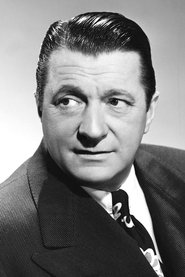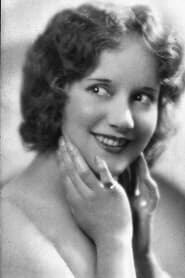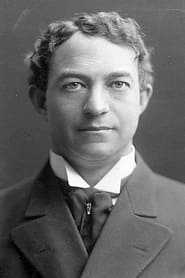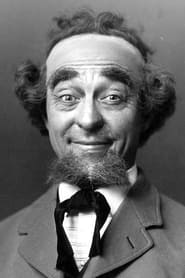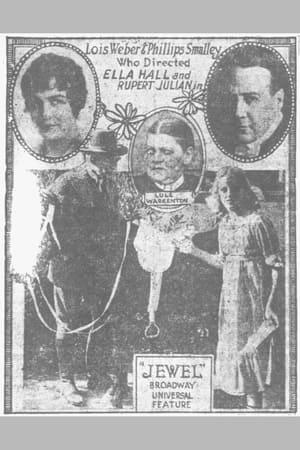
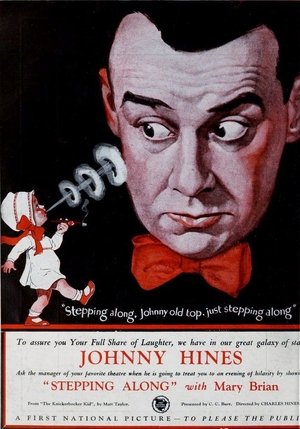
Stepping Along(1926)
Johnny Rooney is a fast-stepping young politician and Molly Taylor is an even faster-stepping showgirl in "George White's Scandals" in a tale of New York City's theatrical and political life during prohibition and the jazz-age.

Movie: Stepping Along

Stepping Along
HomePage
Overview
Johnny Rooney is a fast-stepping young politician and Molly Taylor is an even faster-stepping showgirl in "George White's Scandals" in a tale of New York City's theatrical and political life during prohibition and the jazz-age.
Release Date
1926-11-14
Average
0
Rating:
0.0 startsTagline
Genres
Languages:
No LanguageKeywords
Similar Movies
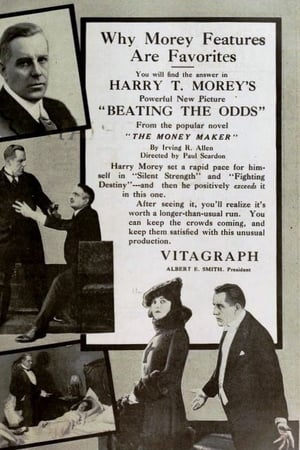 0.0
0.0Beating the Odds(en)
Political graft collector, David Power forced by the district attorney to leave New York takes cabaret singer Hebe Norse with him. Showing talent in a variety of professions, Power is eventually hired by a great steel manufacturer, Gail Rogers. He falls in love with Rogers' daughter Rosalie, and they marry happily until Rogers returns home with a new wife…. Hebe Norse. When Rogers discovers Hebe's past, the two men sever ties as does Rosalie. Vengefully Rogers tries to ruin one of Power's companies without success. Ultimately Rosalie forgives Power and they and their young daughter are reunited.
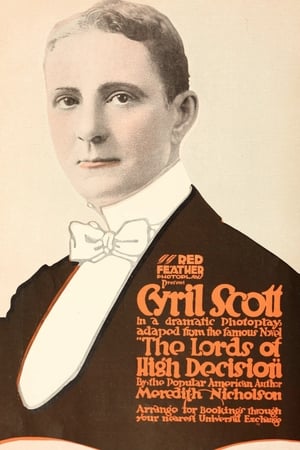 0.0
0.0The Lords of High Decision(en)
Even though he disapproves of the harshness with which his father, the Colonel, treats his employees, Wayne Craighill joins the old man's mining business. Adding to the strain between father and son, Wayne soon falls in love with Jean, the daughter of a small mine owner whom the Colonel wants to put out of business.
 0.0
0.0Tropical Love(en)
In San Juan, Puerto Rico, The Drifter, young and educated, and The Seeker, old and feeble-minded, meet and form a partnership. The Seeker meets Rosario, unaware that she is his daughter, left there 20 years previously when his mind was affected by a tropical storm that killed his wife and wrecked his home. Rosario is deeded land belonging to her father and is about to sell it to Clifford Fayne when The Seeker discovers gold there and urges her to desist. Fayne lures her to a cabin and tries to force her to sign the bill of sale; The Drifter and her father rescue her; the father is mortally wounded but lives long enough to learn that Rosario is his daughter and that she will be happy with The Drifter.
Two Overcoats(en)
Solomon keeps a clothing store, he has in stock two overcoats of exactly the same make and pattern. Michael Gallagher, who is passing by and in need of an outer garment, notices Solomon's display and buys one of the coats. Shortly after the first sale, Peter Dempsey, a bachelor, happens along and takes quite a fancy to the remaining twin overcoat and Solomon makes another sale. Gallagher and Dempsey dine, at the same time, in the same restaurant. Finishing his meal, Gallagher leaves hurriedly and takes Dempsey's coat, quite naturally mistaking it for his own. When Dempsey is through with his meal, he puts on Gallagher's coat quite satisfied that it is his own. That night Dempsey goes to call on his sweetheart, who admires his new overcoat, and as she helps him off with it, a letter in a woman's hand-writing falls out of the pocket.
When a Man’s Married His Trouble Begins(en)
Jack Howard, through hard work, has at last placed himself in a comfortable position and finds himself with his dear little wife, Mabel, located in a little apartment with all the comforts of home. He is now ready to enjoy married life; the strain has been too great, however, and he is almost on the verge of nervous prostration, sick and irritable. Mabel tries to cheer and comfort him; she waits on him and is a truly good and faithful wife, very much concerned about her hubby. She insists he must take a vacation.
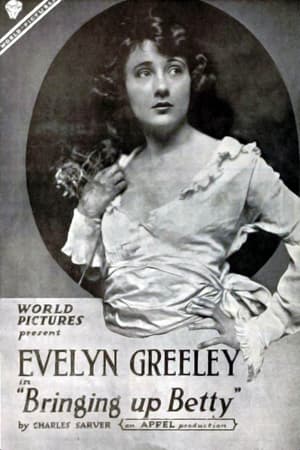 0.0
0.0Bringing Up Betty(en)
During a lawn party at his New York home, steel magnate Theodore Morton claims he is bankrupt as a deterrent to Lord Dormer and the Duke of Medonia, two fortune hunters competing for his niece, Betty. After the suitors depart, unscrupulous Carl Gates is informed by his fiancée, banker's secretary Adele Shelby, that Theodore was lying. Carl pursues Betty, who accepts his proposal with the belief that the marriage will benefit her uncle. During a yachting expedition with Carl, Betty falls overboard and is rescued by architect Tom Waring, who is competing in a race. Tom wins with Betty on board, and a romance develops.
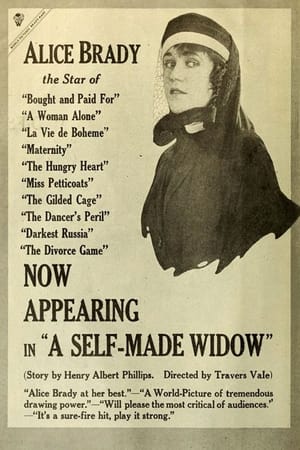 0.0
0.0A Self-Made Widow(en)
On the promise of marriage, Sylvia Smith, a simple girl from Lone Meadows, follows her lover to the city only to discover that he already has a wife.
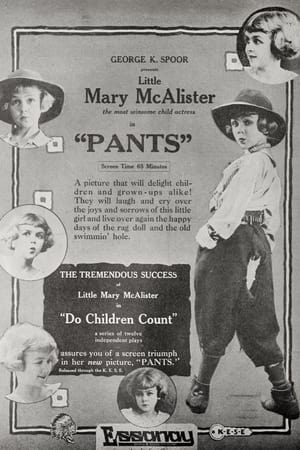 6.0
6.0Pants(en)
Little Betty has a luxurious home, an army of servants and the costliest of toys. But she hasn't what a child wants most of all, other children to play with. The result is that she runs away and joins a group of children from the ghetto district on the beach. In play she exchanges clothing with a little boy. That evening Betty doesn't return home. Her maiden aunt, an over-zealous guardian, is frantic. She notifies the police. The same evening the father of the boy, who has lost his position and is facing starvation, decides to turn burglar. He steals into the home of Betty's father. The household is awakened and the intruder captured.
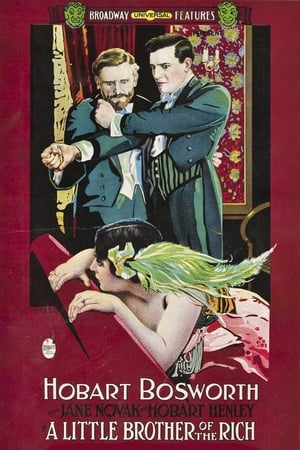 1.0
1.0A Little Brother of the Rich(en)
While working his way through college, Paul Potter acquires a flock of wealthy friends who encourage him to give up his hometown fiancée, Sylvia Castle, for Muriel Evers, a flirtatious married woman. After Sylvia releases Paul, and Muriel's husband divorces her for infidelity, Paul and Muriel marry. Meanwhile, when Sylvia's father dies after being ruined in the stock market, she goes from one job to another in the city until she tries acting in a stock company. There she befriends Henry Leamington, an alcoholic leading man, who, as he tutors her, falls in love and stops drinking because of her. When Paul discovers Muriel's unfaithfulness, he renews his acquaintance with Sylvia, who still loves him.
 7.4
7.4Scarface(en)
In 1920s Chicago, Italian immigrant and notorious thug, Antonio 'Tony' Camonte, aka Scarface, shoots his way to the top of the mobs while trying to protect his sister from the criminal life.
Uneasy Payments(en)
Bee Haven, a little country girl from Missouri, wins a Charleston contest and goes to New York to pursue a theatrical career, accompanied by Charlie Ross, a bucolic sheik. Her country attire merely amuses the stage managers, but Tom Gatesby, a backer, persuades Bozoni, a cabaret owner, to give her a job. She innocently accepts money from Bozoni to furnish a luxury apartment; and when disillusioned Bozoni cancels the payments for her furniture and new clothes, Bee tries to avoid the gown-collectors, but they retrieve her gown and fur coat. In desperation, she joins a revue chorus, doing a lingerie number that results in a fight with Valentia, the star of the show. Tom rescues Bee from her precarious position, and all ends happily.
 7.0
7.0A River Runs Through It(en)
The Maclean brothers, Paul and Norman, live a relatively idyllic life in rural Montana, spending much of their time fly fishing. The sons of a minister, the boys eventually part company when Norman moves east to attend college, leaving his rebellious brother to find trouble back home. When Norman finally returns, the siblings resume their fishing outings, and assess where they've been and where they're going.
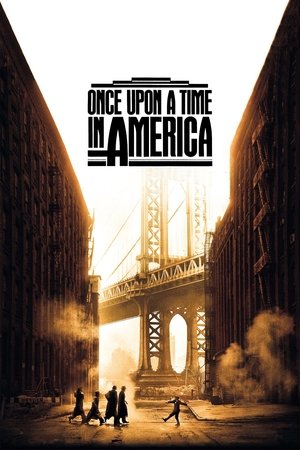 8.4
8.4Once Upon a Time in America(en)
A former Prohibition-era Jewish gangster returns to the Lower East Side of Manhattan over thirty years later, where he once again must confront the ghosts and regrets of his old life.
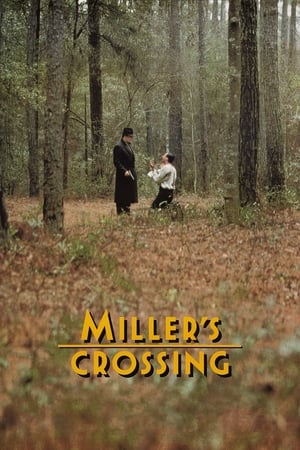 7.5
7.5Miller's Crossing(en)
Set in 1929, a political boss and his advisor have a parting of the ways when they both fall for the same woman.
Over the Garden Wall(en)
Making the best of her genteel poverty, our heroine prepares to attend the dance to which she has been invited, and, after surveying the general effect of her plain and somewhat passé attire, goes on her way with a painful self-consciousness to the home of her friend.
 0.0
0.0The Riddle: Woman(en)
Lilla Gravert falls into the clutches of a master blackmailer, Eric Helsingor.
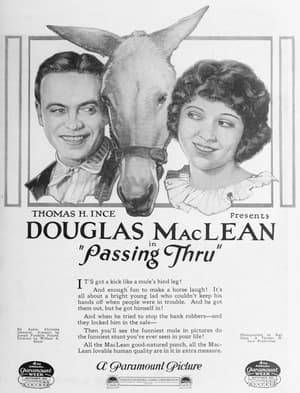 0.0
0.0Passing Through(en)
Passing Through is a 1921 American silent comedy drama film, directed by William A. Seiter and written by Agnes Christine Johnston, and Joseph F. Poland.
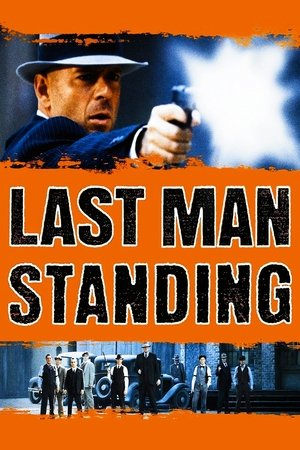 6.4
6.4Last Man Standing(en)
John Smith is a mysterious stranger who is drawn into a vicious war between two Prohibition-era gangs. In a dangerous game, he switches allegiances from one to another, offering his services to the highest bidder. As the death toll mounts, Smith takes the law into his own hands in a deadly race to stay alive.


